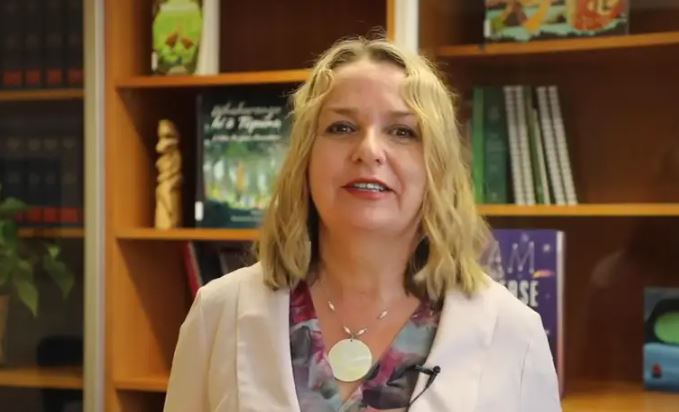Principals hit out at Education Minister’s response

Principals in Te Tai Tokerau, who work in the lowest socio-economic area of New Zealand, say they are appalled with Associate Minister for Education Jan Tinetti’s response to their concerns raised on TVNZ’s Te Karere.
Minister Tinetti was responding to a heartfelt plea by Te Tai Tokerau Principal Leanne Otene, who said she was at ‘her wits end, dealing with the fall out of decades of failed policies from successive governments’.
In a press release response to the interview broadcast on Tuesday 9th March, Te Tai Tokerau Principal’s Assocation said, “Ms Otene, speaking in desperation, laid out the daily reality facing just about every principal in Te Tai Tokerau.”
Pat Newman, president of the association, said members were dealing with a raft of challenges. “Children who have no social skills. Children as young as five who place other children and staff in danger. Children as young as five that refuse to do anything they are told unless it suits them. Children who we have to spend hours getting help for, for their learning needs. Cut backs in Interim Relief Funding make it almost nonsensical. Totally inadequate support and resourcing for the children just falling between the cracks.
“That is our reality. It’s a balancing act always and now a Minister who should know better ignores our genuine desperation!” Newman said.
He continued, “It really hurts when a Minister who knows reality, who up until three years ago was saying exactly what we are saying (I have a number of past press releases in her name that say basically what we are saying), resorts to a trite political response as if the list of supposed help available actually covers the government’s responsibility.
“It’s like the loaves and fishes all over again, with us being expected to cover the high needs of hundreds and thousands of children with resourcing and without the ability to perform miracles!”
Newman went on,”What principals know, what she definitely knows, what principals all over NZ are saying is, it’s not the number of programmes that matters, it’s whether they are actually funded to cater for the real needs of our tamariki. One hour a day, if lucky, doesn’t cover the six hours the child is at school, for instance!”
He called on the Government to act on the association’s concerns. “When principals are saying the rubber band is stretched too far, and that health and safety issues are occurring on a daily basis, to try to bully boy us by threatening to impose mandatory enrolments as her Ministry has done, is not the way to go. Instead she, her Government and the Ministry need to recognise the validity of our concerns. They don’t need new money, just to use the monies, for instance, for Kahui Ako.
“Put that money where it’s needed and give us the tools, the experts to actually help these kids, but allow us to keep other children and staff safe.
“Every child has a right to an education. Every staff member is a right to a safe working environment. Currently that is not the case,” he concluded.










Education may well be in a crisis of resourcing, but in special education, this is doubly so. A severe autistic student or a student with an identified Chromosomal deficit operating in a mainstream setting who at primary school and intermediate was receiving up to 20 + hours of teacher Aide support had her hours slashed to 10 despite the needs being more severe, if not worse (puberty and growth spurts aside) when transitioning to a Secondary environment. When MOE Wellington was contacted to respond to the sudden loss, the reply was “The student is in secondary and should be working towards independence therefore you don’t need the same amount of hours….” The naivety of that statement says it all. The life type situation for this student and many others of similar ilk will not change over time. They won’t miraculously find a cure for their situation, or find understanding in the workplace, nor secure suitable stable employment often. Despite the programme, If there are no staff to implement them it will fail. The Associate Minister needs to spend time in a special needs unit or supported learning environment.
I also feel very strongly about the lack of REAL support schools receive both to assist with behavioural and learning needs of our tamariki and the well-being of staff. Our society is constantly becoming more challenging and it has been my belief for several years now that schools require more specialised personnel on site daily, not spread over several schools. This would enable relationships to be established and work towards more effective outcomes. After previously working as SENCO (alongside other roles) for 12 years in a low decile school, I was constantly challenged to seek support for complex cases. Many hours were spent gathering supporting information only to have the funding turned down and have to reapply. Often the children concerned have long term difficulties that cannot be ´fixed´ with one or two terms of minimal support. The development of the Learning Support Co-ordinator role has in some ways helped to at least recognise the need and I appreciate the work they are doing. If we are to effectively be inclusive in our practice as teachers, we NEED more support in the form of personnel and working spaces. The current situation is not facilitating a thriving environment for ALL students as they deserve and a safe working environment for ALL teachers.